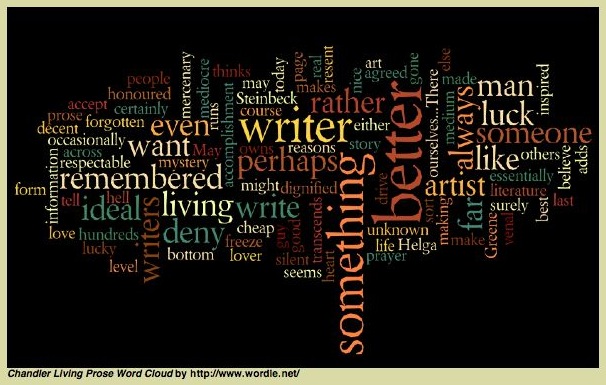Jim Van Pelt wrote an interesting post today. Take a paragraph of writing—your own or a master like Fitzgerald—and arrange it like a poem. Immediately, the vibrancy (or lack thereof) of the writing pops out in ways it doesn’t when arranged as a paragraph.
I decided to try this with the opening of my novel Shivery Bones. Here’s the original, which I’d previously thought decent-enough:
Jolene’s earthquake passed through her midsection, rolled along her limbs, then off into the grass beneath her toes to make the ground shake. She fell, gasping with pain and surprise as the temblor radiated out from her and across the yard, the ground splitting like an overripe peach. The leaves of the trees along the high wall shook as if attacked by nerves, swaying and groaning. The wave crested inside Jolene, her personal shaking stopped. The earth and trees stilled a moment later, and the ground healed itself, closing as if no trembling had ever occurred.
However, when I arranged it as a poem, the dead parts really jumped out at me. It didn’t have life or flow, I thought:
Jolene’s earthquake
passed through her midsection,
rolled along her limbs,
then off into the grass
beneath her toes to make
the ground shake. She fell,
gasping with pain and surprise
as the temblor radiated out
from her and across the yard,
the ground splitting
like an overripe peach.
The leaves of the trees
along the high wall shook
as if attacked by nerves,
swaying and groaning.
The wave crested inside Jolene,
her personal shaking stopped.
The earth and trees stilled
a moment later, and the ground
healed itself, closing as if
no trembling had ever occurred.
******************************
Immediately, the tweaking began:
Jolene’s earthquake
rolled through her midsection,
vibrated along her limbs,
sloughing off into the grass
beneath her toes, the ground
beneath an echo of her own shaking.
She fell, gasping with pain
and surprise as the temblor
radiated from her and
across the yard, the earth
splitting like an overripe peach.
The leaves of the trees along
the high wall quivered as from an attack
of nerves, swaying and groaning.
The wave crested inside Jolene,
her personal quaking done.
The earth and trees stilled,
the ground healed itself,
closing as if no trembling
had ever occurred.
I don’t think this is a perfect paragraph by any means, but I do think it’s an improved one. It might be worth trying this techniques for openings and other troublesome passages:
Jolene’s earthquake rolled through her midsection, vibrated along her limbs, sloughing off into the grass beneath her toes, the ground beneath an echo of her own shaking. She fell, gasping with pain and surprise as the temblor radiated from her and across the yard, the earth splitting like an overripe peach. The leaves of the trees along the high wall quivered as from an attack of nerves, swaying and groaning. The wave crested inside Jolene, her personal quaking done. The earth and trees stilled, the ground healed itself, closing as if no trembling had ever occurred.


